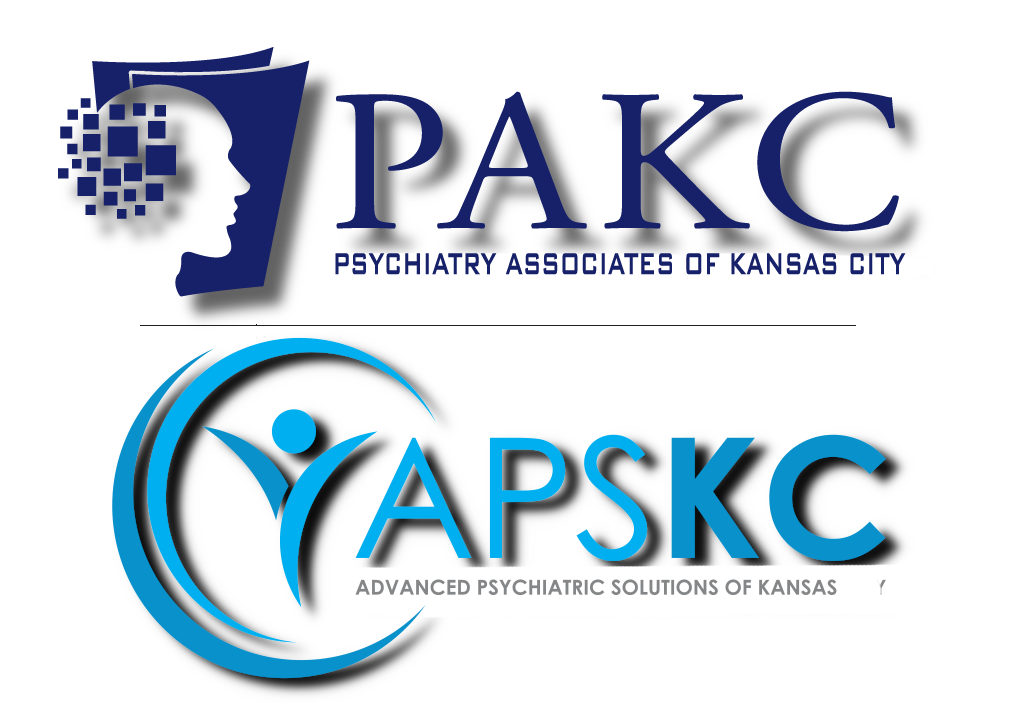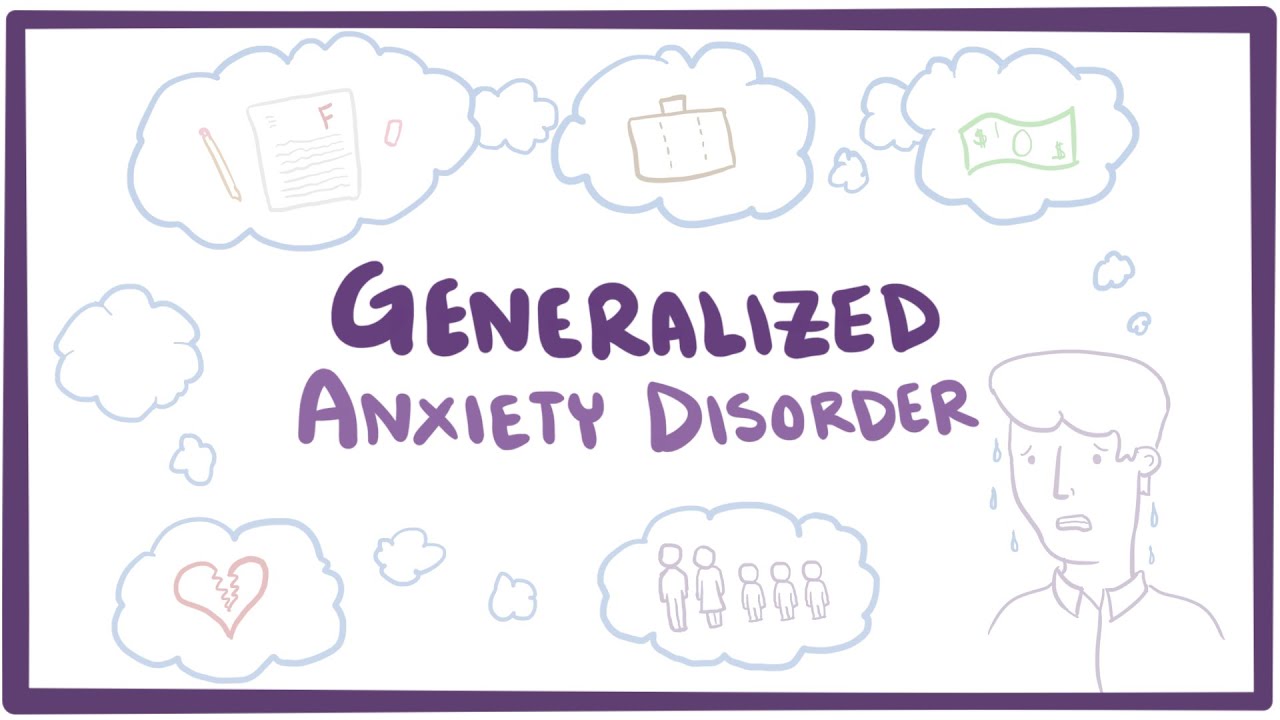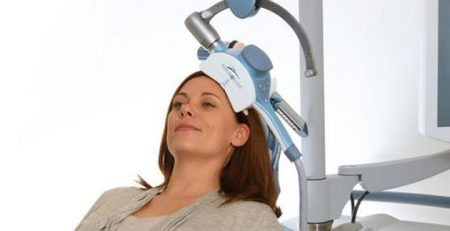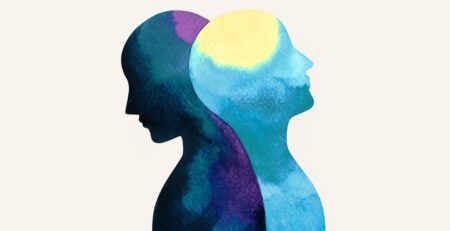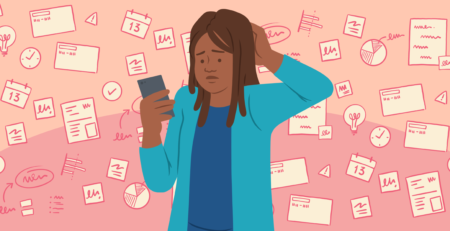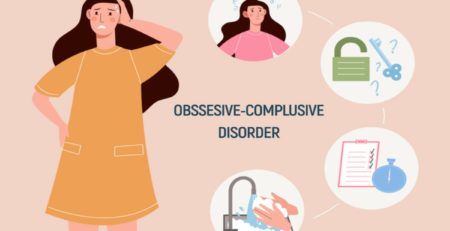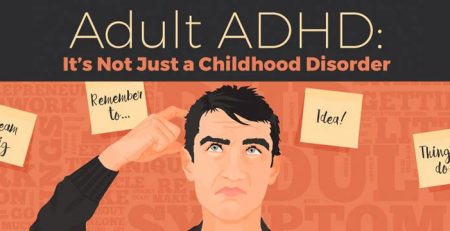Everything about General Anxiety Disorder (GAD)
General Anxiety Disorder (GAD) is characterized by excessive worry about several things. Anyone suffering from GAD usually anticipates disaster and gets overly concerned about health, money, work, family, etc.
These patients are unable to control their worries. They might worry and expect the worst-case scenario even when there is no apparent reason for concern.
Effects of GAD
A persistent state of worry, dread, and fear plagues the life of a patient suffering from GAD. As a result, this worry dominates the patient’s thinking and starts interfering with relationships, social activities, work, school activities, and other matters.
Typically, the patient is incapacitated during episodes while overwhelmed by such feelings.
Chronic anxiety disorders commonly occur with anorexia nervosa, drug abuse, bulimia, or other eating disorders. They can be tightly interwoven with these illnesses.
Medication Treatment Options
GAD can be treated using different treatment types, including medication and therapies. If your physician recommends medication, it can be part of a short-term and long-term plan.
The short-term plans may help relax more physical symptoms of GAD, like stomach cramping or muscle tension. Medicines used to treat them include Clonazepam, Alprazolam, Lorazepam, etc.
Other medications (antidepressants) work better for a long-term medication plan. Commonly used medicines include Buspirone, Citalopram, Fluvoxamine, etc. In conjunction with medication management, it may be recommended to see a psychologist for coping skills management of some behaviors. One of our skilled psychiatrists can help diagnose GAD and manage medications.
Living with Generalized Anxiety Disorder: Know the Signs and Ways to Cope
Feeling anxious is a common experience for everyone and a normal response to stressful events. However, if you find it difficult to control your feelings of anxiety and worry, and it interferes with your daily activities, you may have generalized anxiety disorder (GAD). Living with GAD can be a challenging experience, but with proper treatment and management, it’s possible to overcome it. This blog post will discuss the signs of GAD and effective ways to cope with it.
One of the primary signs of GAD is persistent and excessive anxiety and worry about everyday things, such as work, family, health, and finances. People with GAD often find relaxing challenging and may have trouble falling or staying asleep. They may also experience physical symptoms like muscle tension, headaches, and digestive problems.
Another hallmark of GAD is the fear of making decisions and taking action. People with GAD may become highly indecisive and avoid situations that trigger their anxiety. They may also seek constant reassurance from others, which can strain their relationships.
If you’re experiencing the signs of GAD, seeking professional help is essential. Therapy, such as cognitive-behavioral therapy (CBT), can be highly effective in managing GAD symptoms. CBT helps patients identify the negative thoughts and behaviors contributing to their anxiety and develop coping strategies to overcome them.
In addition to therapy, medication can also be beneficial in treating GAD. Antidepressants, such as selective serotonin reuptake inhibitors (SSRIs), can help regulate brain chemicals contributing to anxiety. Anti-anxiety medications, such as benzodiazepines, can also provide short-term relief from GAD symptoms. However, they can be highly addictive and are not recommended for long-term use.
Aside from medication and therapy, making lifestyle changes can also help manage GAD symptoms. Regular exercise, healthy eating, and getting enough sleep can help to reduce anxiety levels. Mindfulness and relaxation techniques, such as meditation and yoga, can significantly reduce anxiety and promote relaxation.
Living with GAD can be a long-term challenge, but knowing there are effective ways to cope with it is essential. Seek professional help if you’re experiencing persistent and excessive anxiety and worry that interferes with your daily life. Treatments such as therapy and medication can help to manage GAD symptoms. Healthy lifestyle changes like exercise, healthy eating, and relaxation techniques can also significantly reduce anxiety. Remember, with the proper support and management strategies, it’s possible to overcome GAD and live a fulfilling life.
